Undirectional Cellular Perfusion
Take advantage of unidirectional cellular perfusion without mechanical damage
No unwanted mechanical damage
Perfuse cells unidirectionally without compressing the tubes
Controlled shear stress
Decide how much shear stress to apply by tightly controlling the flow
Autoclavable
No risk of contamination
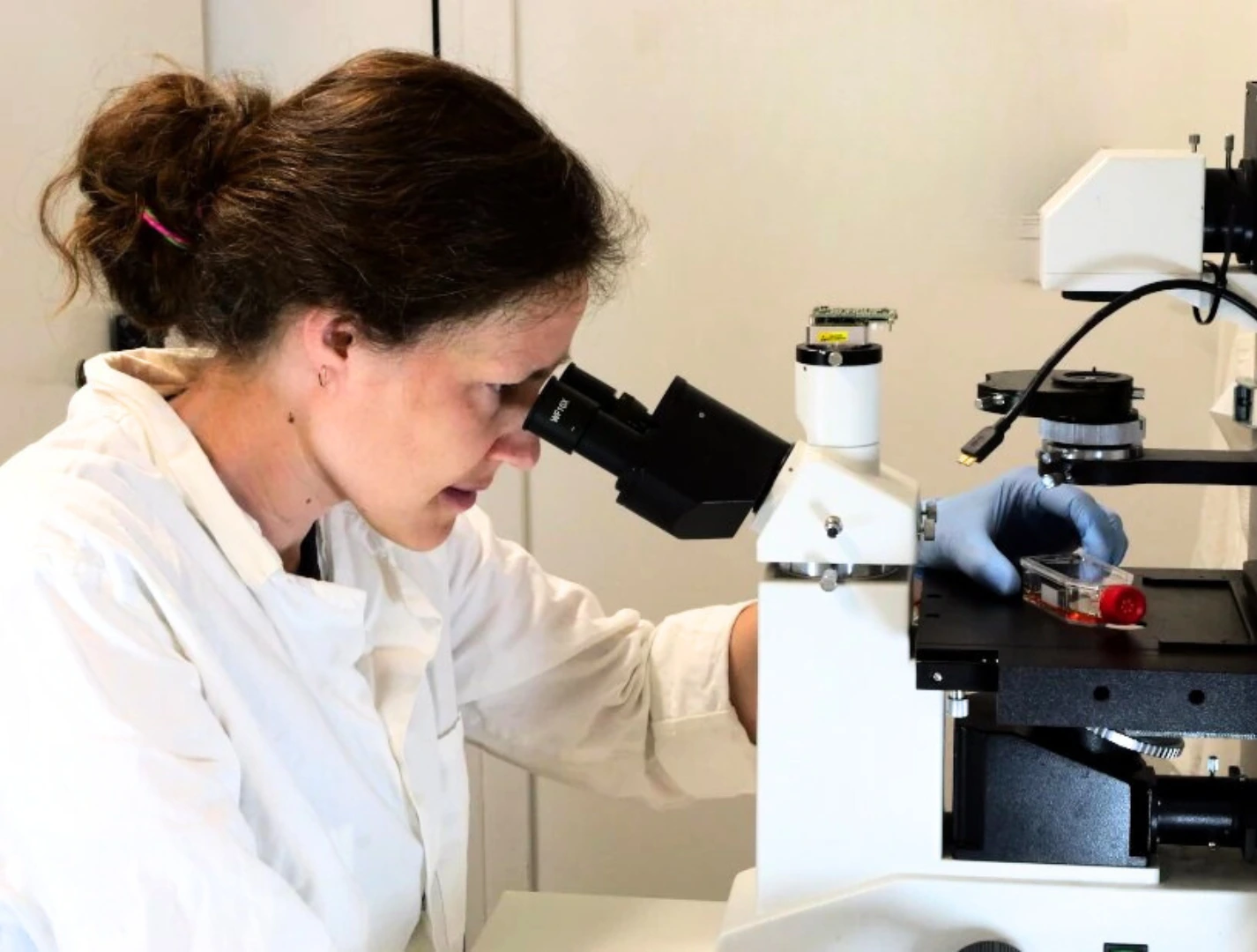
Need a microfluidic SME partner for your Horizon Europe project?
Unidirectional cellular perfusion principle
We have developed a small system of valves that allow cellular perfusion in a unidirectional manner without the tubing compression generally employed in standard systems, such as peristaltic pumps. Also, the pressure-driven flow controller ensures a pulse-free, high-controllable perfusion, ideal for shear stress assays.
The principle behind it is simple. Passive valves are arranged so that media will always pass over the cells starting from the same side of the chip, regardless of which media reservoir is being pressurized, as shown below.
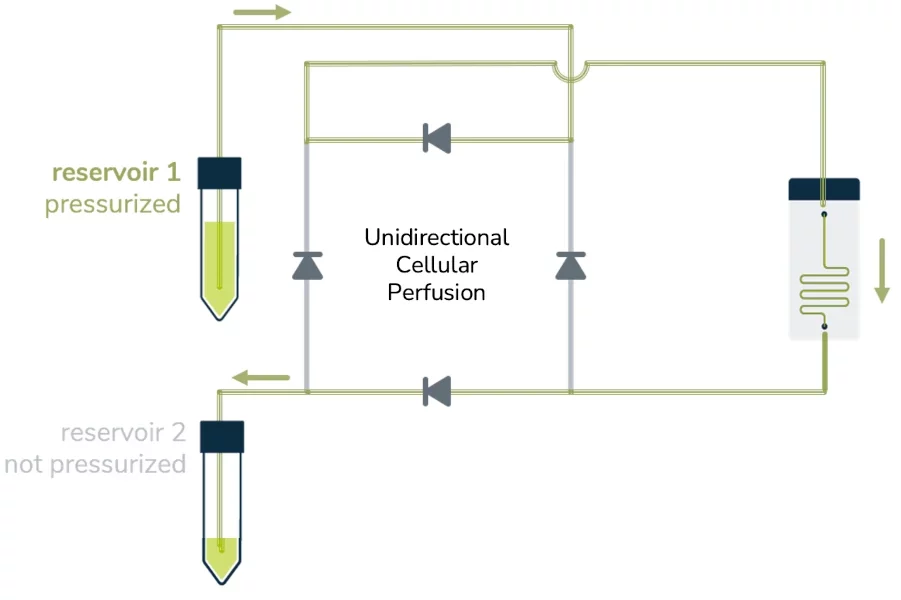
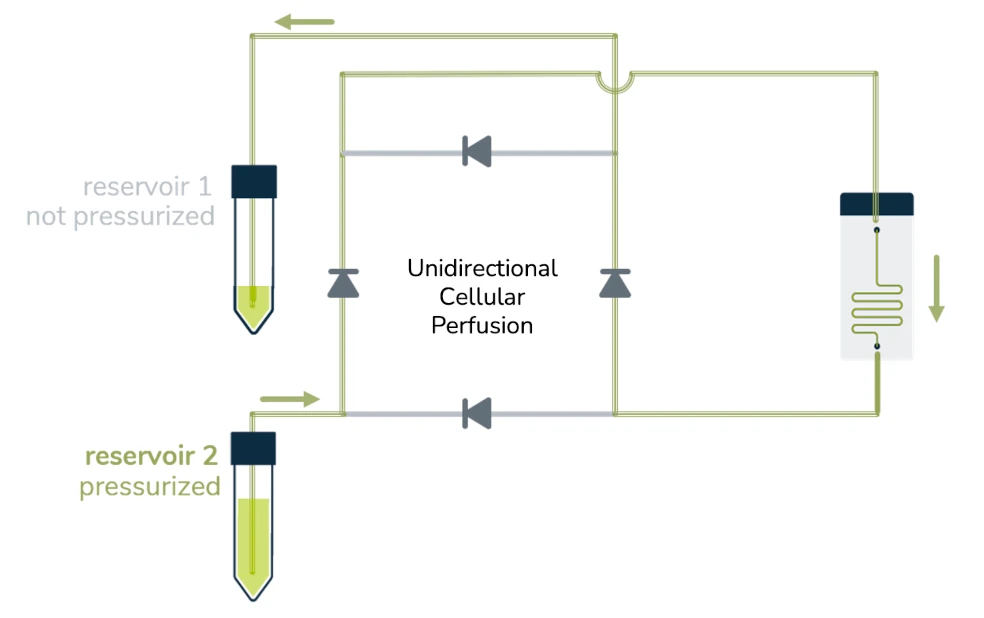
The valves are disposable, and the body that holds the media path is autoclavable, ensuring a contamination-free experiment. Designed for improved usability, mini-luer connectors easily plug into the media path.
Compatibility and applications
The Unidirectional cellular perfusion system is compatible with the CO2 incubator and with mini-luers that connect to 1/32″ (outer diameter) tubing, but it can be adapted to different tubings and connectors upon request.
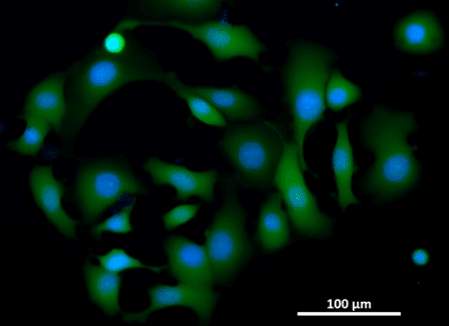
It can also be employed in a variety of applications, such as:
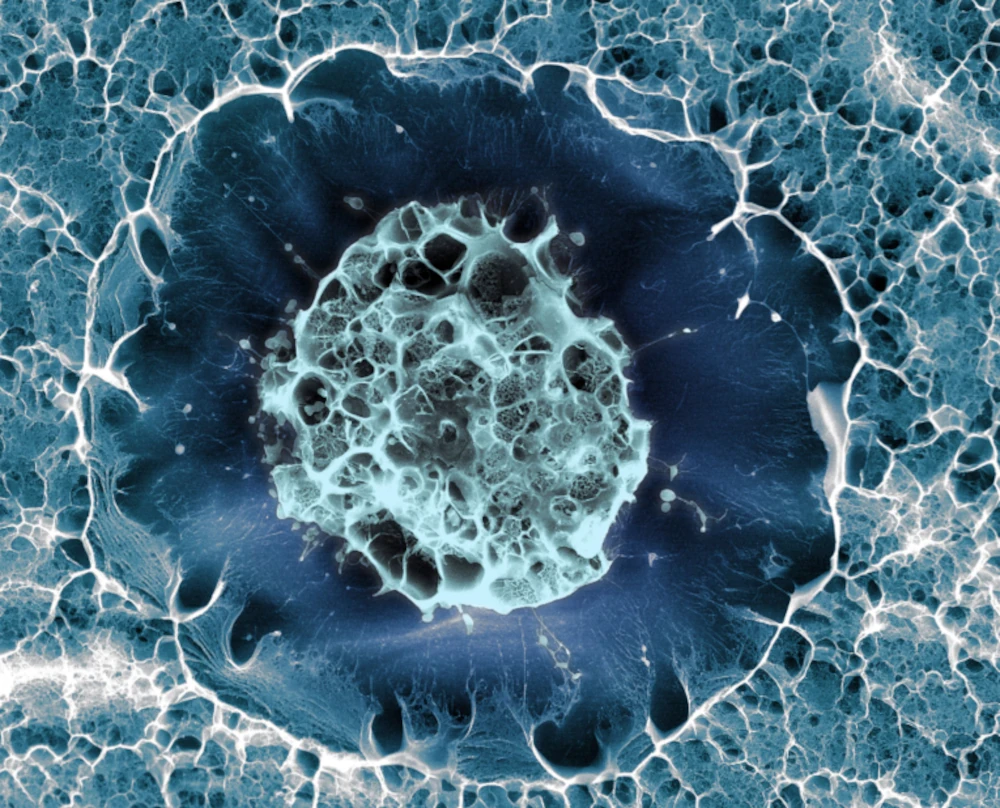
Stem cell culture
Automated and fail-safe long-term microfluidic cell culture system.
✓ Highly controlled microenvironment
✓ Fail-safe mechanism
✓ Automated sequences
Stem cell culture
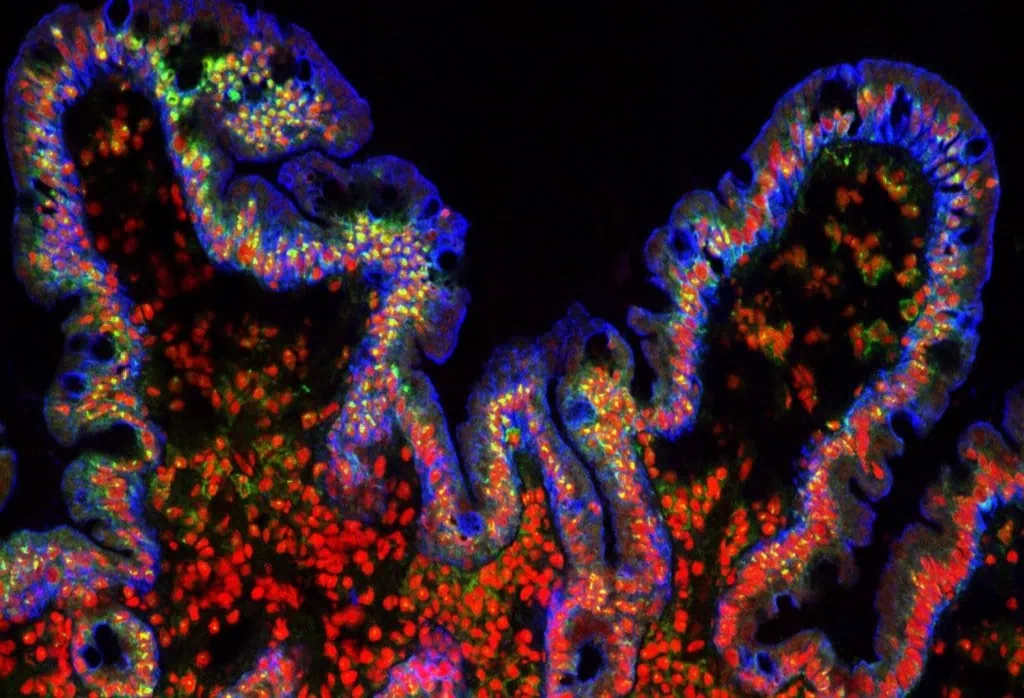
Gut-on-a-chip pack
Intestinal cells coculture under flow, mimicking the gut physiology
✓ All microfluidic pieces included, quick and easy assembly
✓ Dynamic culture conditions
✓ Advanced in viro/ex vivo
Gut-on-chip
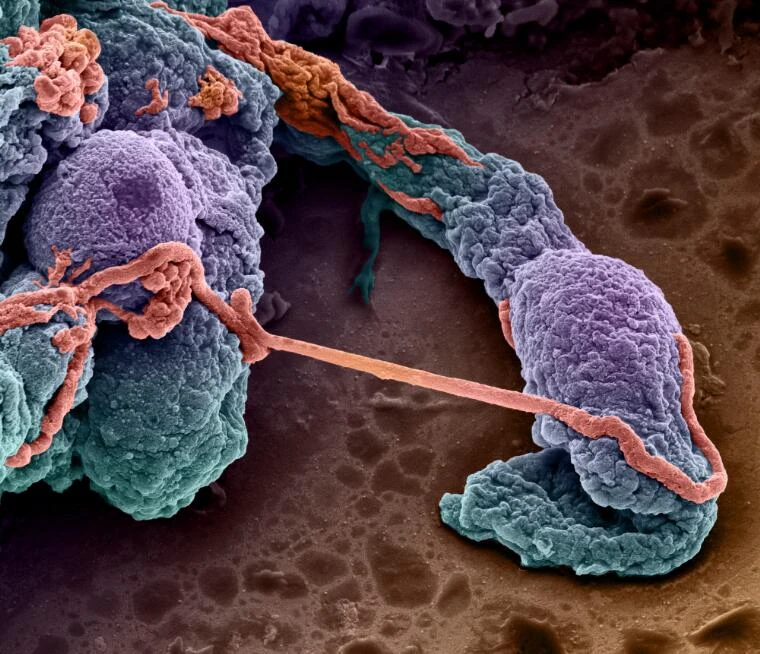
Blood-brain barrier on chip
Plug-and-play instrument pack for long term BBB on a chip study
✓ Relevant microenvironment
✓ Automatized organ-on-chip perfusion
✓ Plug-and-play microfluidic platform
Blood-brain barrier on chip
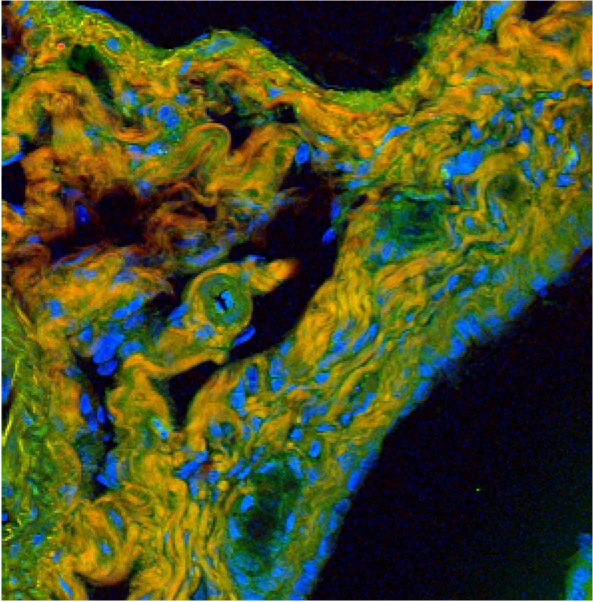
Liver-on-a-chip model
Mimic the liver microenvironment in long term experiments
✓ Improve your reproducibility with physiological culturing conditions
✓ Automated and controlled supply of nutrients in a stable flow
✓ Test different conditions at the same time
Liver-on-chip
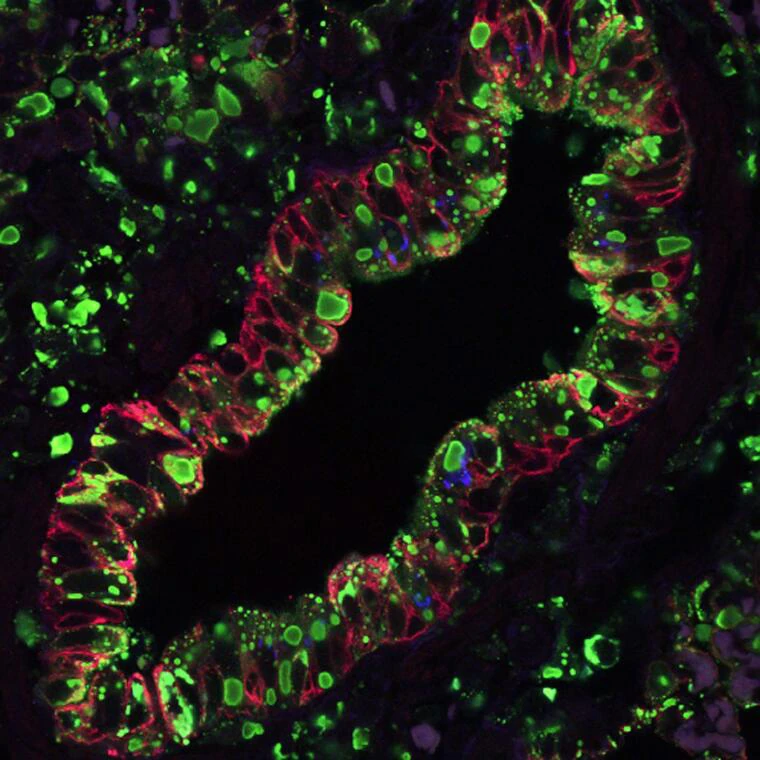
Lung-on-a-chip pack
Perform lung research in a physiologically relevant microenvironment
✓ Culture your lung cells in a physiological air-liquid interface
✓ Continuous and controlled supply of nutrients in a stable flow
✓ Stop losing your cell experiment due to clogging
Lung-on-a-chip
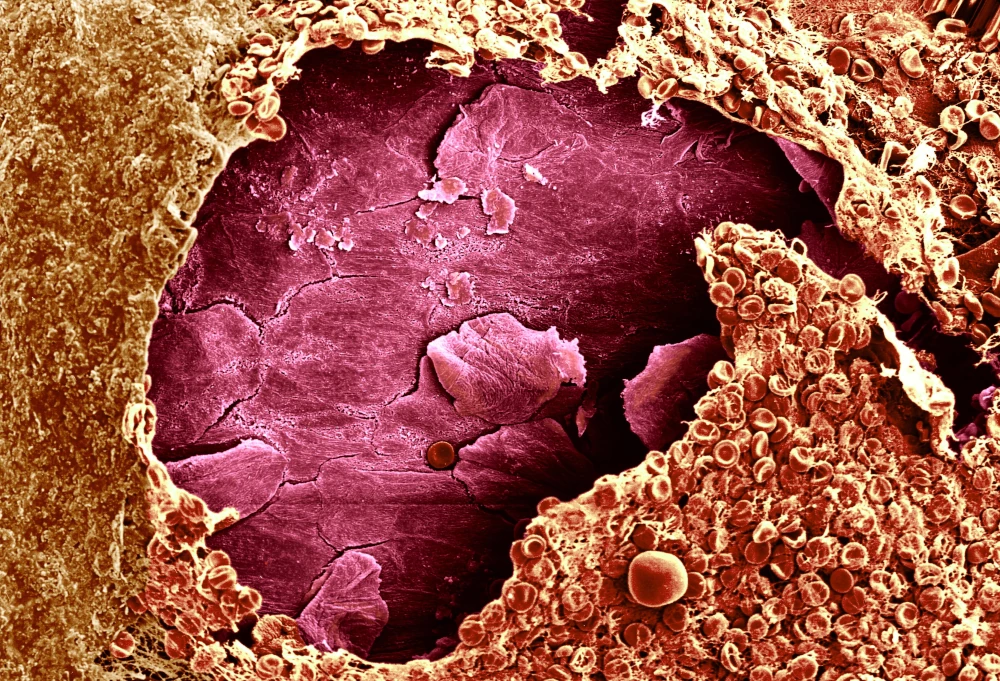
Skin-on-a-chip
Reproduce the dynamic extracellular environment of the skin with ease
✓ Compatible with air-liquid interfaces
✓ Compatible with teer measurements
✓ Compatible with live cell imaging
Skin-on-a-chip
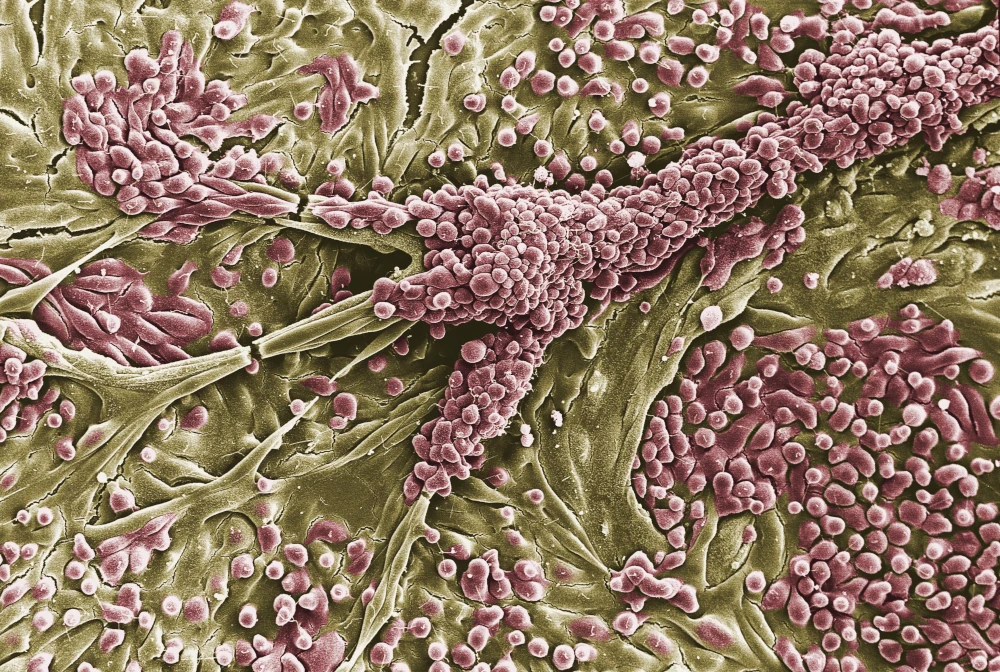
Kidney-on-a-chip
Physiological microenvironment for a more realistic in vitro kidney model
✓ Physiological flow rates
✓ Use the chip of your preference
✓ Enrich the media with metabolites
Kidney-on-a-chip
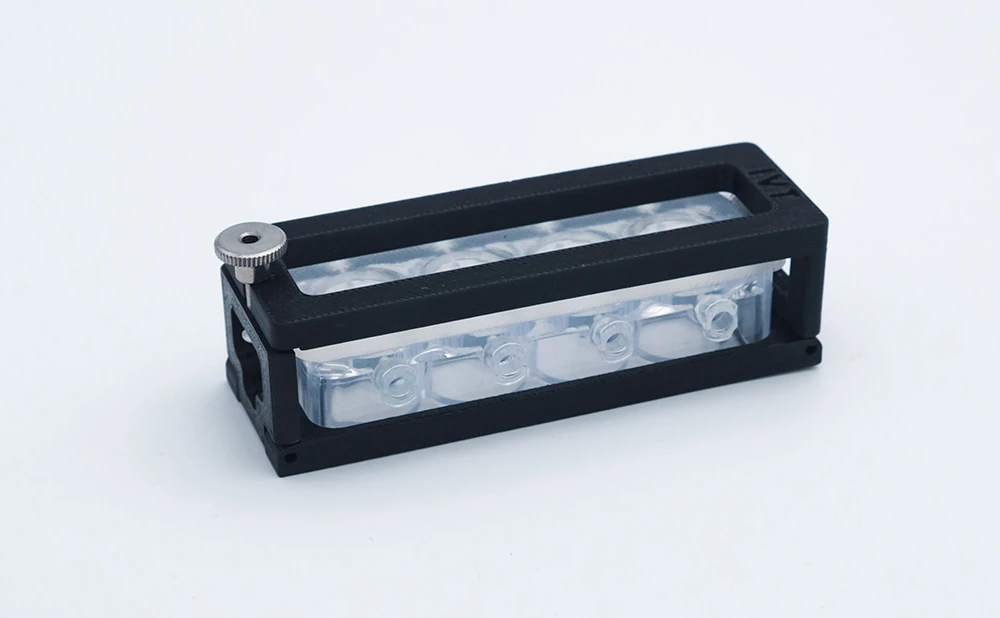
Neuron culture pack - Low shear cell culture
Cell culture system for shear-sensitive cell lines
✓ Safe neuron culture under flow
✓ Highly controlled microenvironment
✓ Up to 3-week long cell cultures
Neuron cell culture – low shear cultures
Customize your pack
Our instruments can be added to different setups depending on your specific needs. In this light, our microfluidic specialists will advise you on the best instruments and accessories depending on your needs and will accompany you during the system’s setup.
Frequently asked questions
Can the cellular perfusion system be placed inside the CO2 incubator?
Yes, the unidirectional cellular perfusion system was designed to be compatible with the CO2 incubator.
What is the maximum flow rate that can be applied?
The system works well with the range of MFS flow sensors (Elveflow, 0-5ml/min).
Can I combine the cellular perfusion system with other instruments?
Yes! Our team can help you design the setup that makes more sense for your application. Contact us using the “talk to our experts” green button above.



